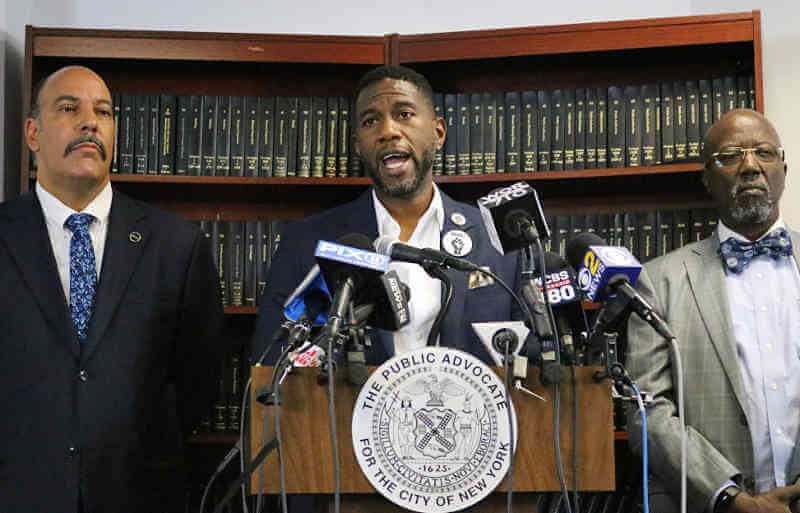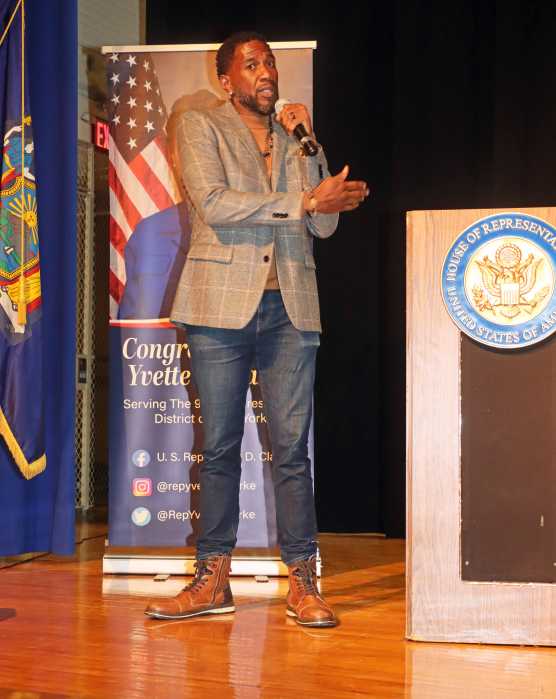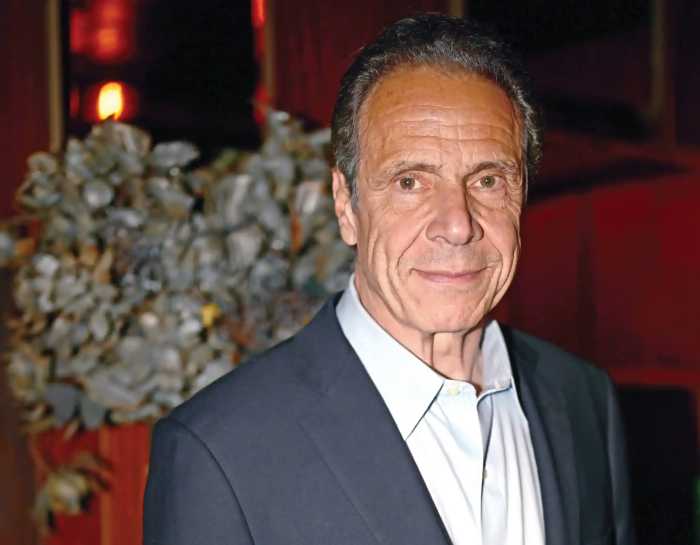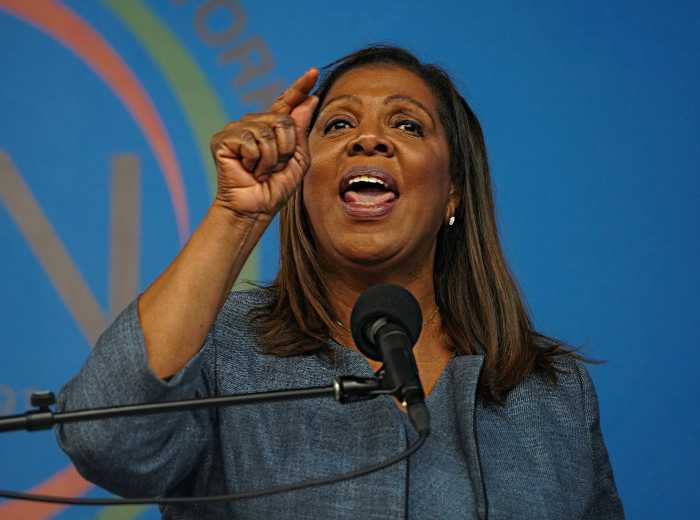New York City Public Advocate, Jumaane D. Williams has called for the passage of his legislation, at a City Council hearing, which would defer the property tax liabilities on certain residential property owners impacted by the coronavirus (COVID-19) pandemic.
The City Council’s hearing this week came as New York City has begun Phase One of re-opening amid the COVID-19 pandemic and the resulting economic crisis.
Specifically, Williams said the measure, Preconsidered Intro. 6276, would require the city’s Department of Finance to offer agreements to defer real property tax liability otherwise due and payable as of Jul. 1, 2020 until Oct.1, 2020.
Williams said eligible property owners would own property with an assessed value of $250,000 or less that serves as their primary residence, have experienced economic hardship relating to COVID-19, and have a combined annual income of $200,000 or less.
He said this bill will provide a significant tax relief for property owners, and will apply to 99 percent of Class 1 homes, 96 percent of co-op units, and 87 percent of condos.
“As we all know, the coronavirus has hindered the ability of New Yorkers to meet their tax obligations over the past three months, and this issue will likely remain for many more to come,” Williams said. “The city must act in ways to ease this burden while balancing the budget, as property tax payments are the biggest revenue source that funds public goods and services.
“In order for us as elected officials to adequately help New Yorkers during this pandemic, we must provide them with resources and assistance that will alleviate their financial worries and safeguard their ability to continue living in their homes,” Williams added.
He said his legislation “and the work we are doing defines the right balance.
“Keeping in mind, we need property taxes to do the good work many of the things we are speaking about and New Yorkers are talking about,” Williams said.
“But it does strike the balance of doing that but not putting the burden on people who can pay it, because of what happened,” he added.



























